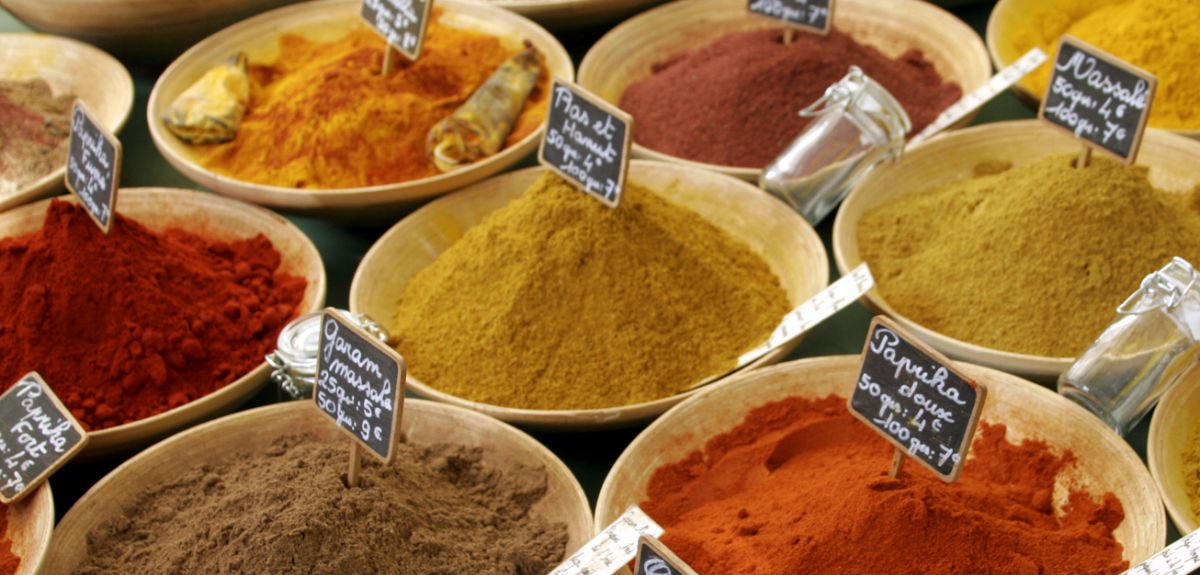
Gavin Bell (Flickr)
Cradle of civilisation further east than you might think, says Oxford historian
The "cradle of civilisation" is further east than you might have read in history textbooks at school, according to a new book by an Oxford academic.
The Silk Roads: A New History of the World, which is published this month by Bloomsbury, has been written by Peter Frankopan, Director of the Centre for Byzantine Research in the University's History Faculty.
Described as a "major reassessment of world history", Dr Frankopan’s book shows the importance of the 'east' (i.e. the region between eastern Europe and China and India) in developing the world's civilisation and religions.
He looks at countries which were crossed by the 'Silk Roads', which were trading networks that connected the West to East and spread led to cultural transmission between the two areas.
He says countries along this route have been overlooked by history, such as Kazakhstan, Uzbekistan, Mongolia, and Nepal. Even the role of India and China has been downplayed.
'While such countries may seem wild to us, these are no backwaters, no obscure wastelands,' he says. 'They are the very crossroads of civilisation. Far from being on the fringe of global affairs, these countries lie at its very centre — as they have done since the beginning of history.
'The Silk Roads were no exotic series of connections, but networks that linked continents and oceans together. ‘Along them flowed ideas, goods, disease and death. This was where empires were won – and where they were lost.'
Dr Frankopan says the prominence of western Europe since the 16th century caused this 'rewriting' of the past. 'Ancient Greece begat Rome, Rome begat Christian Europe, Christian Europe begat the Renaissance, the Renaissance begat the Enlightenment, the Enlightenment political democracy and the Industrial Revolution,' is how he describes this traditional assumption.
But in fact, it is actually western Europe, and Britain at its periphery, which was a relative 'backwater', he says. The Greeks and Romans had little interest in Europe, and letters sent home by Roman soldiers reveal that being sent to Europe or even Britain was an unwelcome prospect.
'The Greeks and Romans looked to the East,' says Dr Frankopan. 'Riches from the East paved the way for Rome's grandeur and the Silk Roads were the conduit for Eastern commerce, wealth, enlightenment and technology.'
The Silk Roads: A New History of the World can be ordered from Bloomsbury.